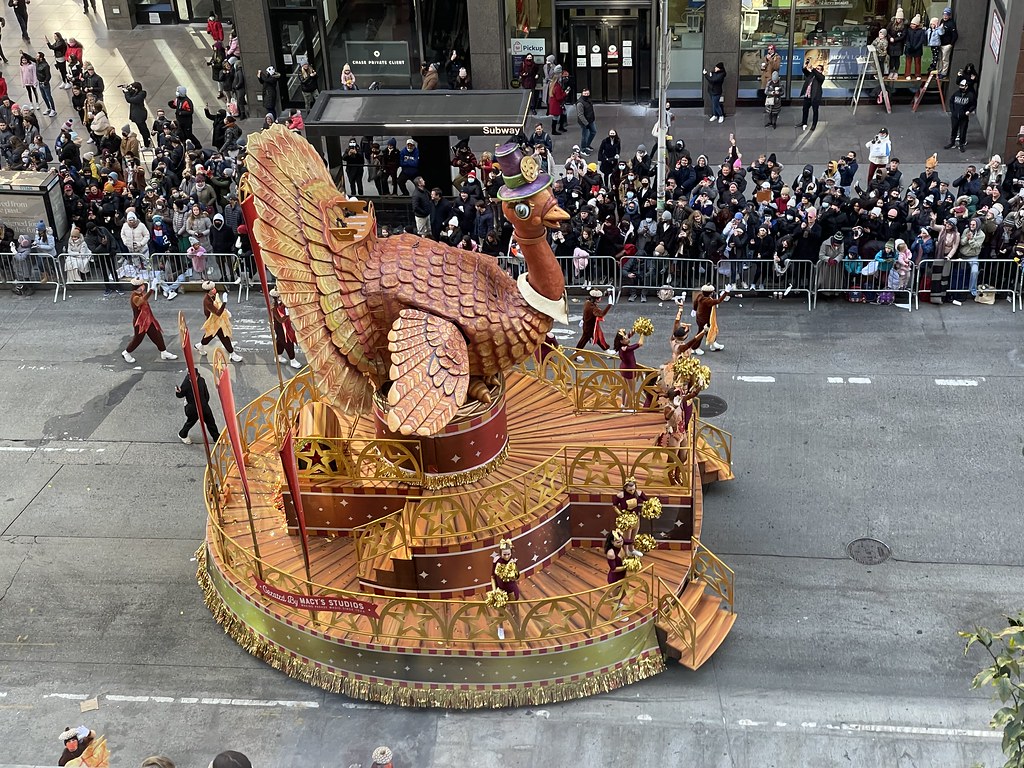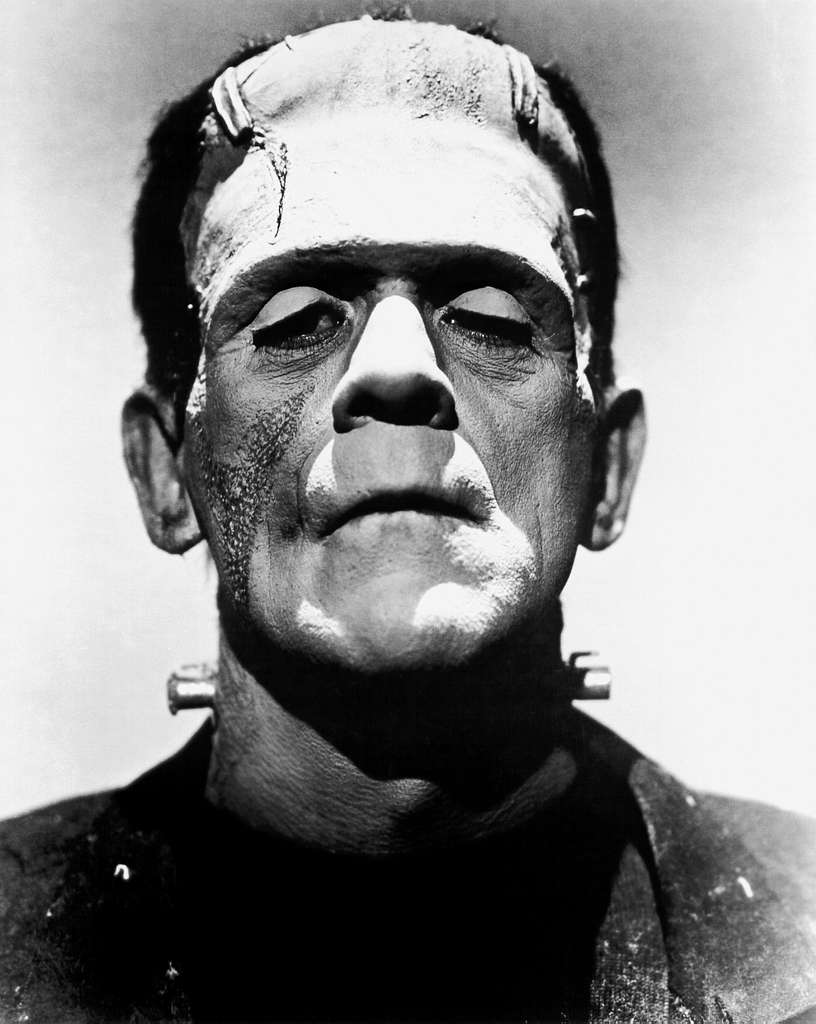Netflix’s hit show Beef raked in a total of eight awards, including five Primetime Emmys last month. In today’s media, I’ve often found many shows overrated, bland, or generally disappointing. While I expected the same from this dark comedy, I’m happy to say I was very wrong.
The first episode consists of a high-speed chase through suburban Los Angeles. In the first few minutes, Danny Cho (Steven Yeun) is given the middle finger by Amy Lau (Ali Wong) in a seemingly harmless road rage incident. Amy speeds off, leaving Danny honking behind. In a fit of rage, he zooms after her, narrowly avoiding other cars and pedestrians. The tension, anxiety, and anger created by this scene remain for the duration of the show – all ten episodes — as the feud between Danny and Amy, and their desire for revenge intensifies. In this way, the show brilliantly explores the complexity of anger, an emotion that ultimately leads to the characters’ downfalls, but also grants them unprecedented freedom and relief.
What makes Beef fascinating is not just the action and thrill of Danny and Amy’s rivalry, but the true sources of their anger. Despite her budding success and newfound wealth, Amy’s resentment towards her upbringing, specifically her flawed parents, bubbles to the surface. As a child, she was taught to repress her emotions, as in her household discussing one’s feelings was synonymous with complaining. This notion of emotional repression was perpetuated by her mother, a Vietnamese immigrant not only aware of but complacent with her husband’s affair. The trauma caused by the former denial of her emotions is apparent in Amy’s current life, evidenced by her dishonesty and emotional unavailability with her husband, George (Joseph Lee). Overall, Amy feels as if she has a dark, complex side her husband nor “friends” will ever understand, which is why she so willingly gives in to – if not indulges in – her anger towards Danny.
Similar to Amy, Danny also feels an emotional emptiness. A hard worker, he supports his entire family, including his younger brother and ex-convict cousin, and is desperate for money. Stressed by his dire financial situation and familial responsibilities, Danny reaches his breaking point – his traffic confrontation with Amy. What he doesn’t know, however, is that at the very moment he reaches his breaking point, so does she. The complex intersection of their stories maintains the drama, thrill, and desperation of the plot – part of the reason I believe the show was as successful as it was.
That being said, the acting struck me even more than the story itself. Both lead actors, Steven Yeun and Ali Wong, received Emmy awards for their unforgettable performances as Danny and Amy. While both actors have amazing comedic timing, they offer much more than just humor. Their roles are full of raw emotion, magnifying the delicacy of the human condition.
Yes, the show is about anger, or “beef,” that exists between two people. But you’ll quickly realize how much more it has to offer. It taught me that behind every powerful emotion lies a complex source. And while the consequences of tapping into that source are numerous, sometimes you just have to do it. Feel it. Or flip off a stranger in your car.






















